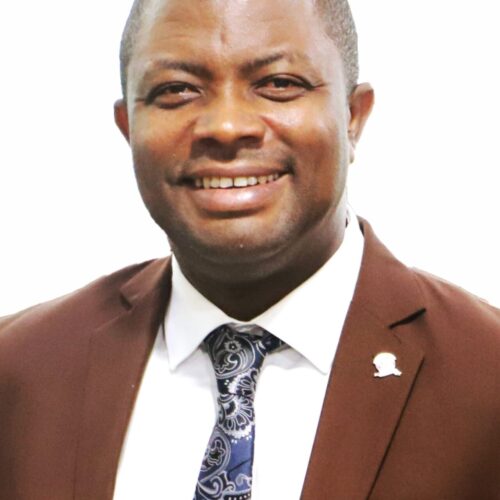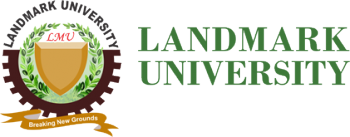Prof. Abiodun Adebayo
African leaders must strategize to regain Africa's lost glory. We have abundant natural resources in Africa, sufficient for everyone. To achieve this, we need to promote utilization and a culture of integrity.
One of our notable indigenous programs is the Total Man Concept (TMC), where we recognize that an individual is a triune being comprising the spirit, soul, and body. We emphasize nurturing the mind, which is the seat of knowledge for better productivity, alongside caring for the spirit which has unlimited capacity because of its link to God and the body for proper fitness
Nigeria’s Coastal Communities Build Flood Barriers With Mud and Sticks
As global sea levels have risen by 23cm in the last 150 years, Nigeria has been particularly hard hit. Along its extensive and populous coast, sea surges in recent years have displaced millions of people, killed hundreds, and destroyed homes, villages, and vast farmlands. With sea levels predicted to rise another 50cm by the end of the century due to climate change, floods are set to become even harsher and more frequent. Under this scenario, an estimated 27 to 53 million people will need to be relocated.
Why Import Restrictions Aren’t Enough to Help Nigeria Industrialise
Nigeria has a strong ambition to industrialise. It has relied heavily on the restriction of imports of certain goods targeted for domestic production. But for Nigeria’s industrialisation drive to succeed, it needs a broader array of industrial policy tools than simply import restrictions.
These tools should include addressing binding constraints in different sectors to raise productivity. And addressing the flaws in the design and implementation of industrial policies.
Nanotechnology Has Much To Offer Nigeria But Research Needs Support
Nanotechnology is one of the engines of the fourth industrial revolution. The global market of nanotechnology-enabled products stood at approximately US$1.6 trillion in 2014. In one estimate, the industry could generate 6 million jobs and account for 10% of global GDP by 2030.
Nanotechnology creates, uses and studies materials at nanoscale - one nanometre is a billionth of a metre. Some of these materials occur in nature. DNA, proteins and viruses are examples. Others can be created by slicing larger molecules into smaller ones or by building up atoms into nanoparticles.





